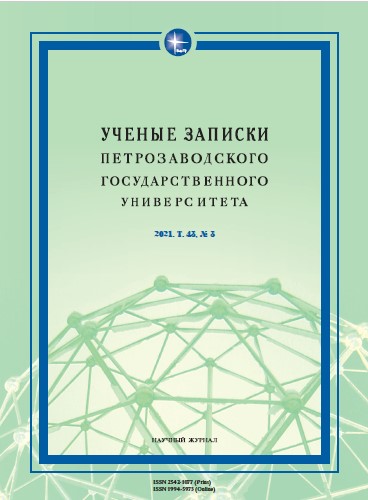ОБ УПОТРЕБЛЕНИИ ИМПЕРФЕКТИВНЫХ ГЛАГОЛОВ С РОДИТЕЛЬНЫМ ПАРТИТИВНЫМ В РУССКОМ ЯЗЫКЕ
THE USE OF IMPERFECTIVE VERBS WITH GENITIVE PARTITIVE IN THE RUSSIAN LANGUAGE
Author(s): Oksana Yu. ChuikovaSubject(s): Theoretical Linguistics, Morphology, Semantics, Eastern Slavic Languages
Published by: Петрозаводский государственный университет
Keywords: Russian language; verbal aspect; direct object; genitive partitive; Aktionsarten; secondary imperfectivation;
Summary/Abstract: The paper presents the results of the study aimed at verification of traditional views on the use of the genitive case with partitive semantics alongside imperfective verbs in the Russian language. According to a widespread opinion, the use of genitive partitive with imperfective verbs is either forbidden or restricted to the contexts where the aspectual opposition is neutralized. The author used the data from the Russian National Corpus and the Russian-language Internet to analyze the use of imperfective aspectual partners of perfective verbs with the prefixes po-, na-, pod-, pri-, do-, ot- and the suffix -nu-. It was found that imperfective verbs both in trivial and progressive meanings can be used with genitive objects. The level of compatibility of imperfective verbs and the genitive partitive case depends on the semantics of aspectual opposition and morphological means of the aspectual formation. Most imperfective verbs used with the genitive object are derived from prefixed perfective verbs by the means of suffixal (or secondary) imperfectivation.
Journal: Ученые записки Петрозаводского государственного университета
- Issue Year: 43/2021
- Issue No: 3
- Page Range: 55-62
- Page Count: 8
- Language: Russian

